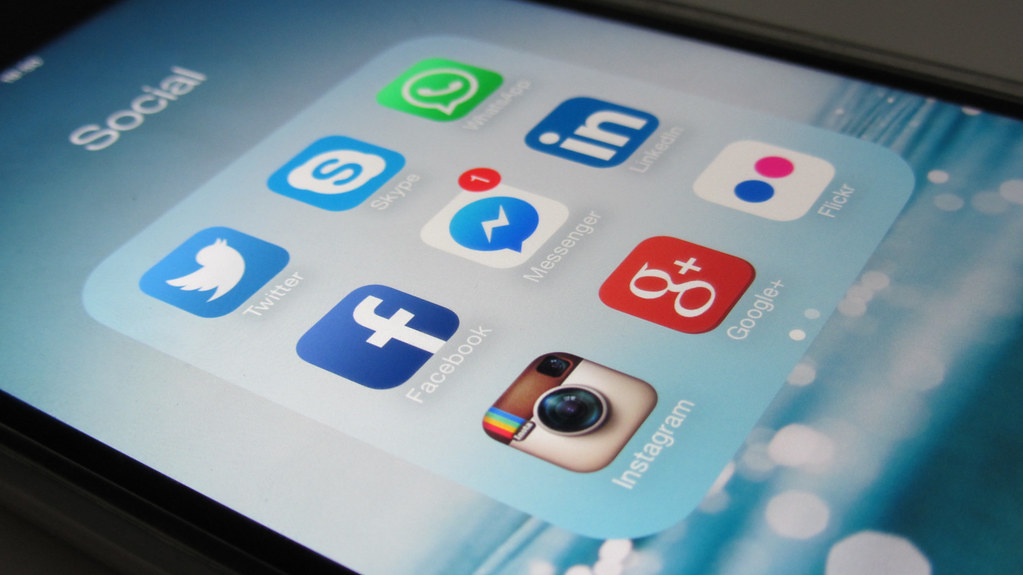In the modern age of internet and technology, there is an ever increasing list of ways for users to put themselves on display to the world. The rise of Facebook and other social networking sites has created an entirely new culture online. According to Facebook, there were 1.7 billion active monthly users of the site during June 2016. It’s not just Facebook either, other popular networking sites such as Twitter, Instagram and Snapchat all have hundreds of millions of active users. As it seems, there are a lot of ways to put yourself online, and a lot of people doing it.

When scrolling through your Facebook or Instagram feed, it’s rare to see a negative post. I would hardly feel inclined to write a status update if I were declined in a job interview. But that’s the reality of social media – it doesn’t reflect the reality of real life. As Carmen Fishwick wrote in The Guardian,
life has its ups and downs… [but] you’ll be hard-pushed to find a really bad moment in your feed
But what effects does this have on the users of such platforms?
Example: Essena O’Neill

Essena O’Neill; an Australian teenager who amassed more than half a million followers on Instagram sensationally quit social media in 2015, reaching international headlines. Deleting more than 2000 posts, she edited the captions of the remaining to tell the real truth behind them.
I was consumed by it… I wasn’t living in a 3D world
We have here a perfect example of the pressures surrounding being on social media. She wanted people to believe that she had the ‘perfect’ life. This meant even going to the extent of having photos professionally taken purely for the purpose of Instagram. Social media led her to create this online persona, purely to gain approval from faceless profiles. This doesn’t only apply to those with thousands of followers however.
Why is this?
An article in The Telegraph suggests that one fifth of young people admit that their online profile exhibits little resemblance to real life. So why are we so obsessed with inventing this perfect persona that only exists online? Dr Richard Sherry suggests that it could be down to being competitive and so only uploaded the best and most desirable aspects of our life.

Obsessing over trying to achieve the ideal life online has repercussions in the offline world. We are becoming increasingly transfixed with creating an online persona. As a result, we deem it more important than being who we are in the real world, and lose a part of who we are. A culture has been born in social media, where gaining the admiration and adoration of those online has become more important than those around you.
Ask yourself this: do your social media feeds accurately represent your life, or a version you want people to see?
Leave a Reply